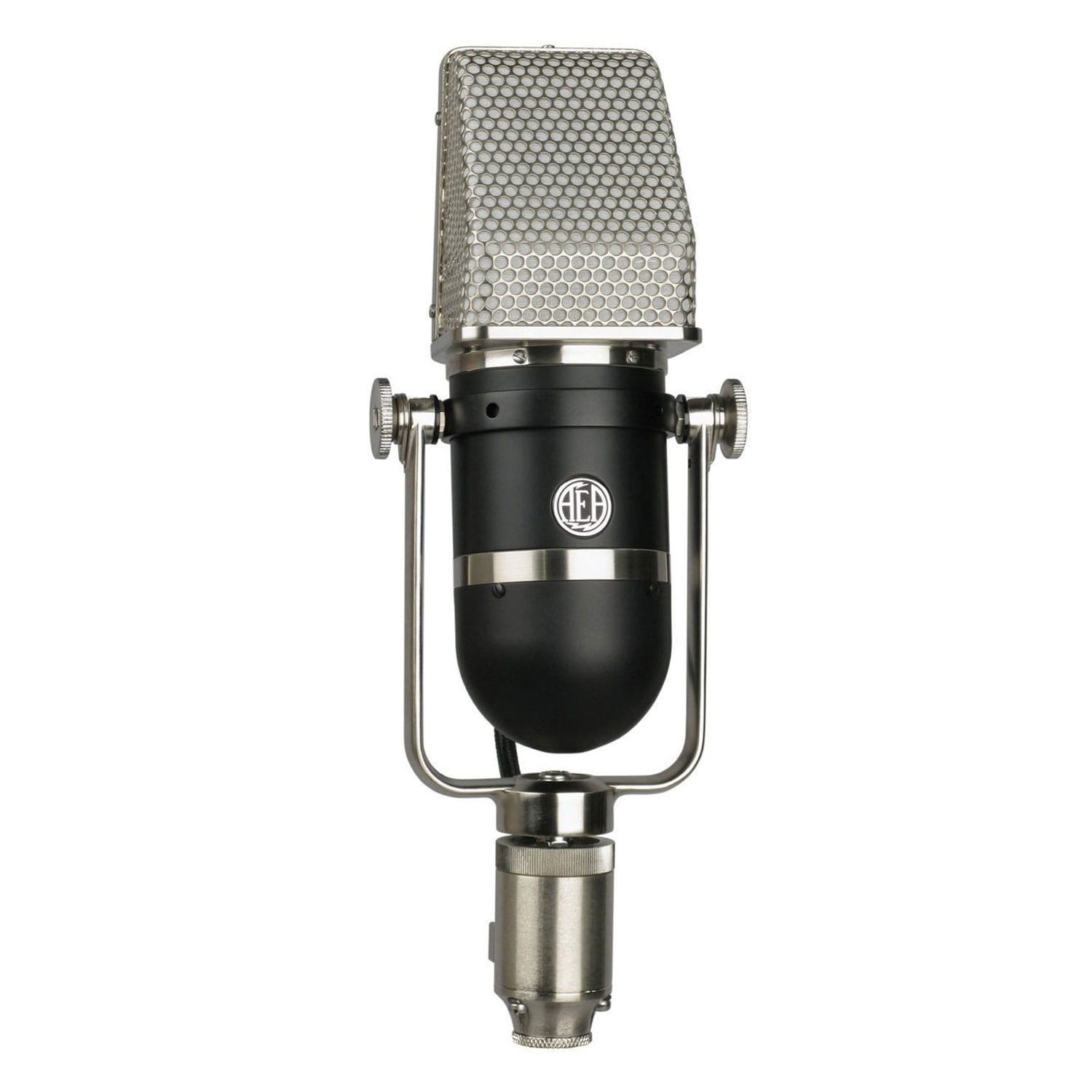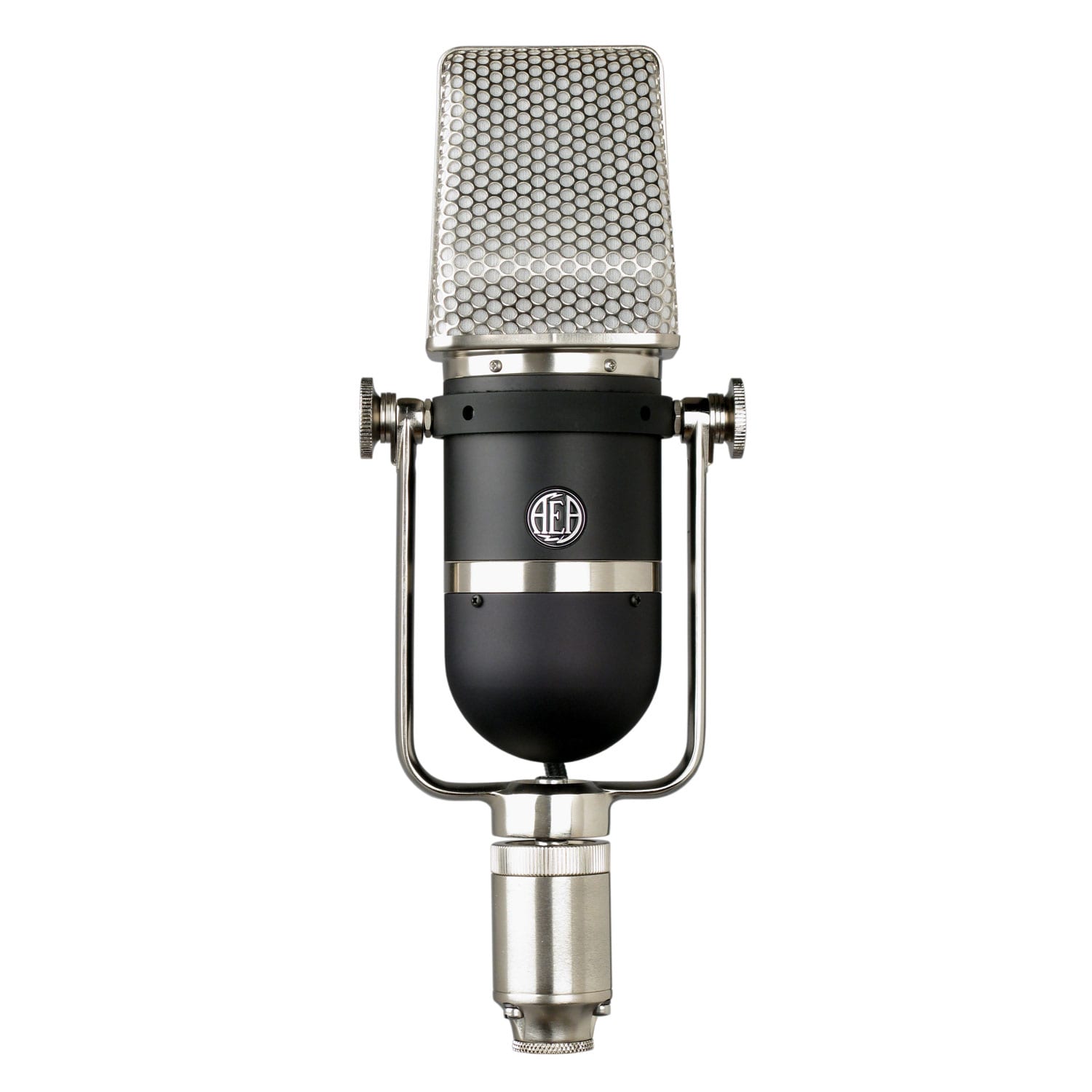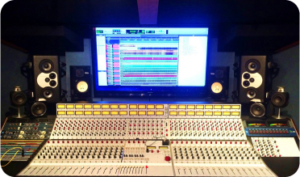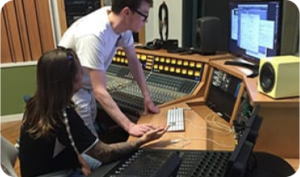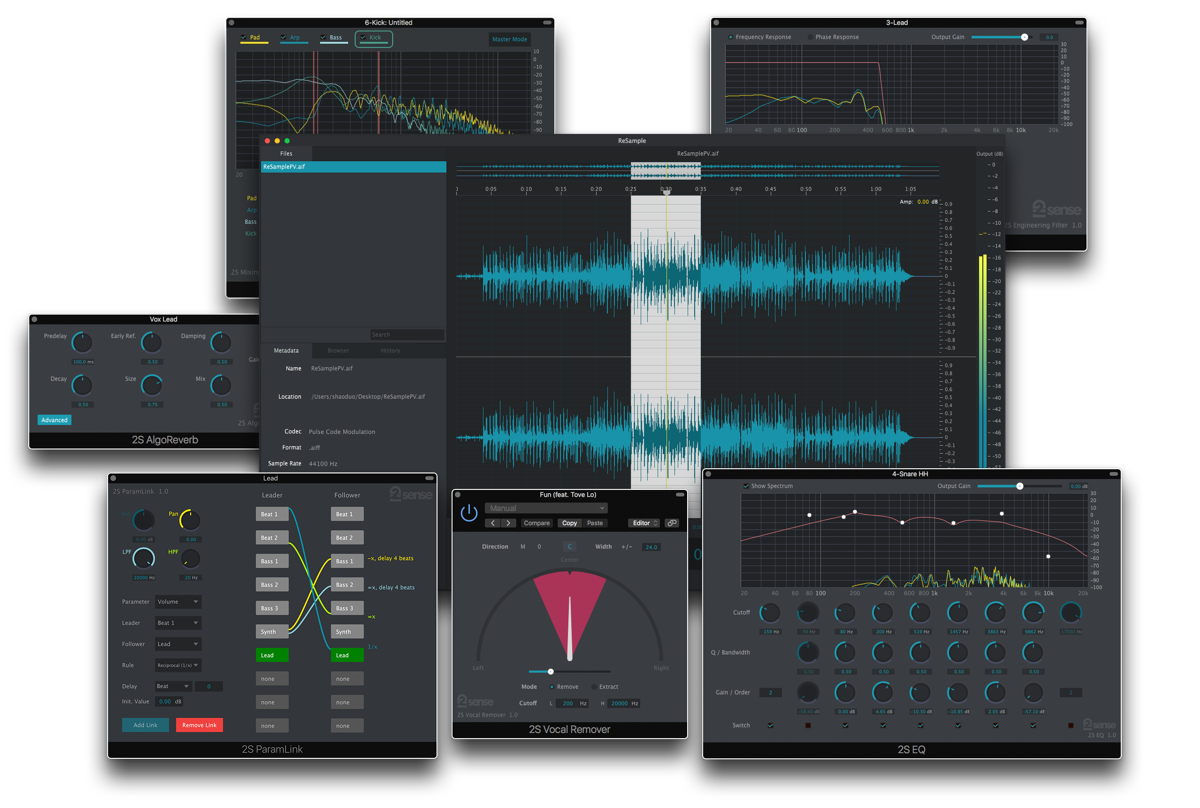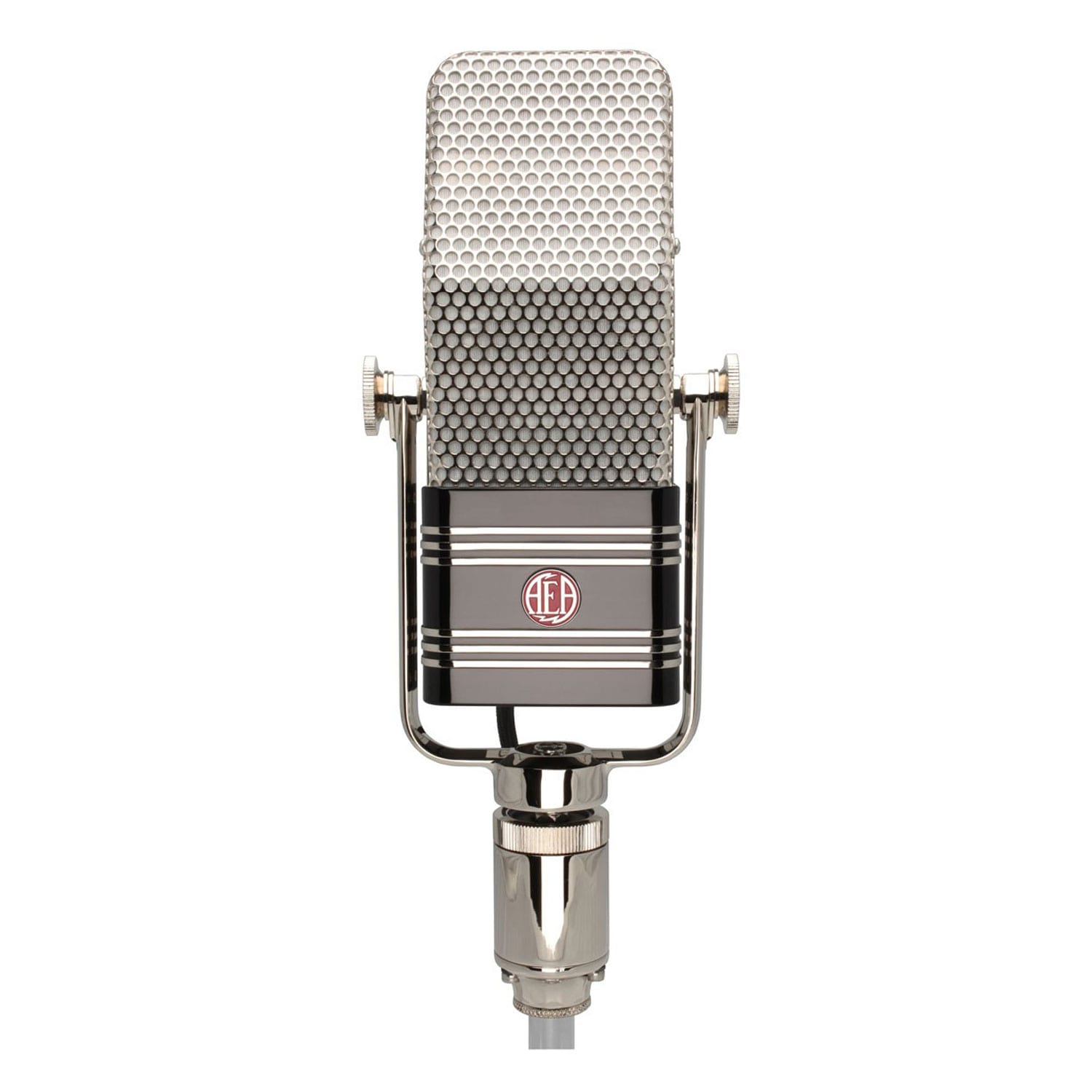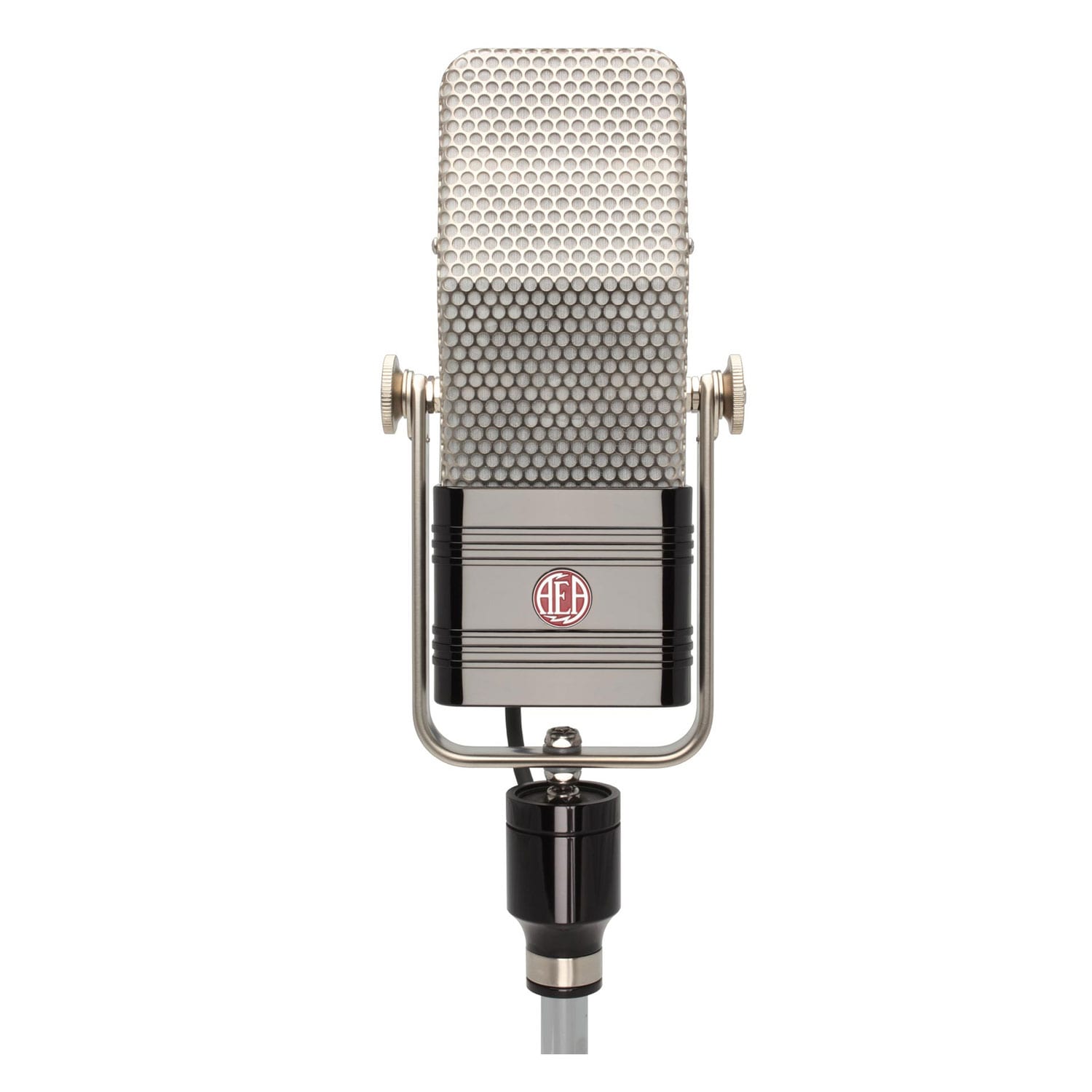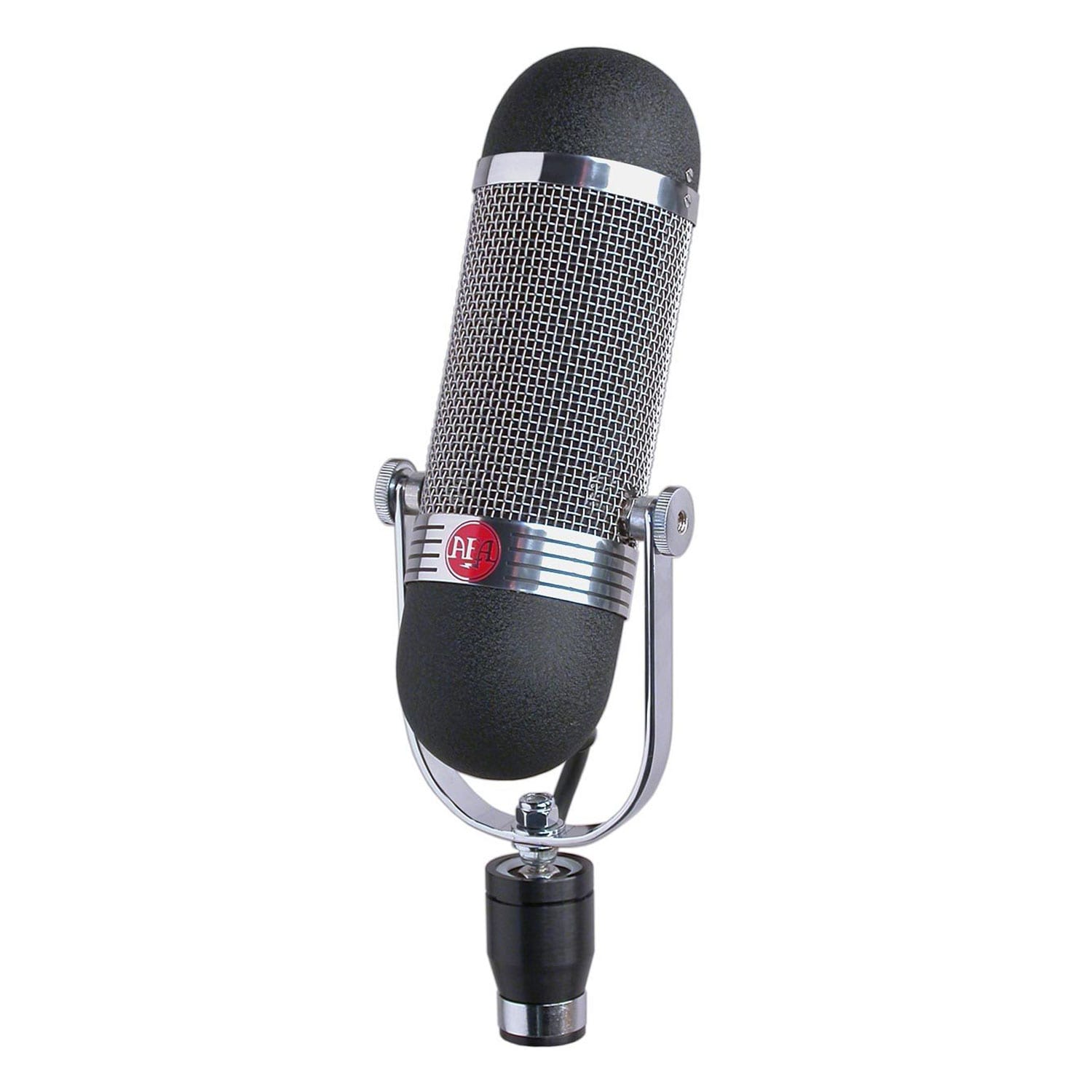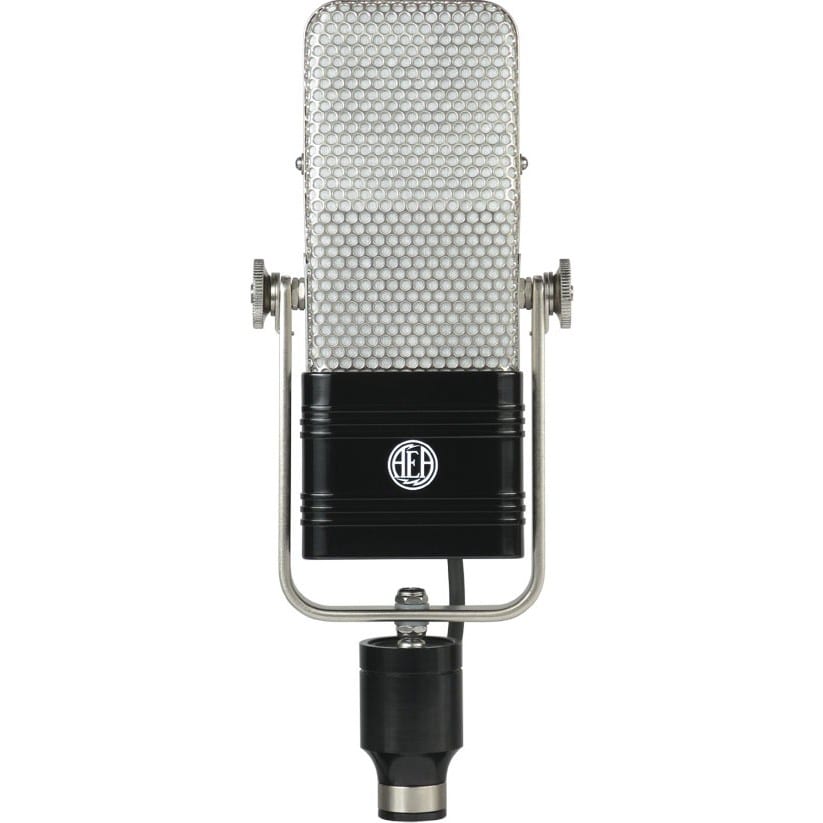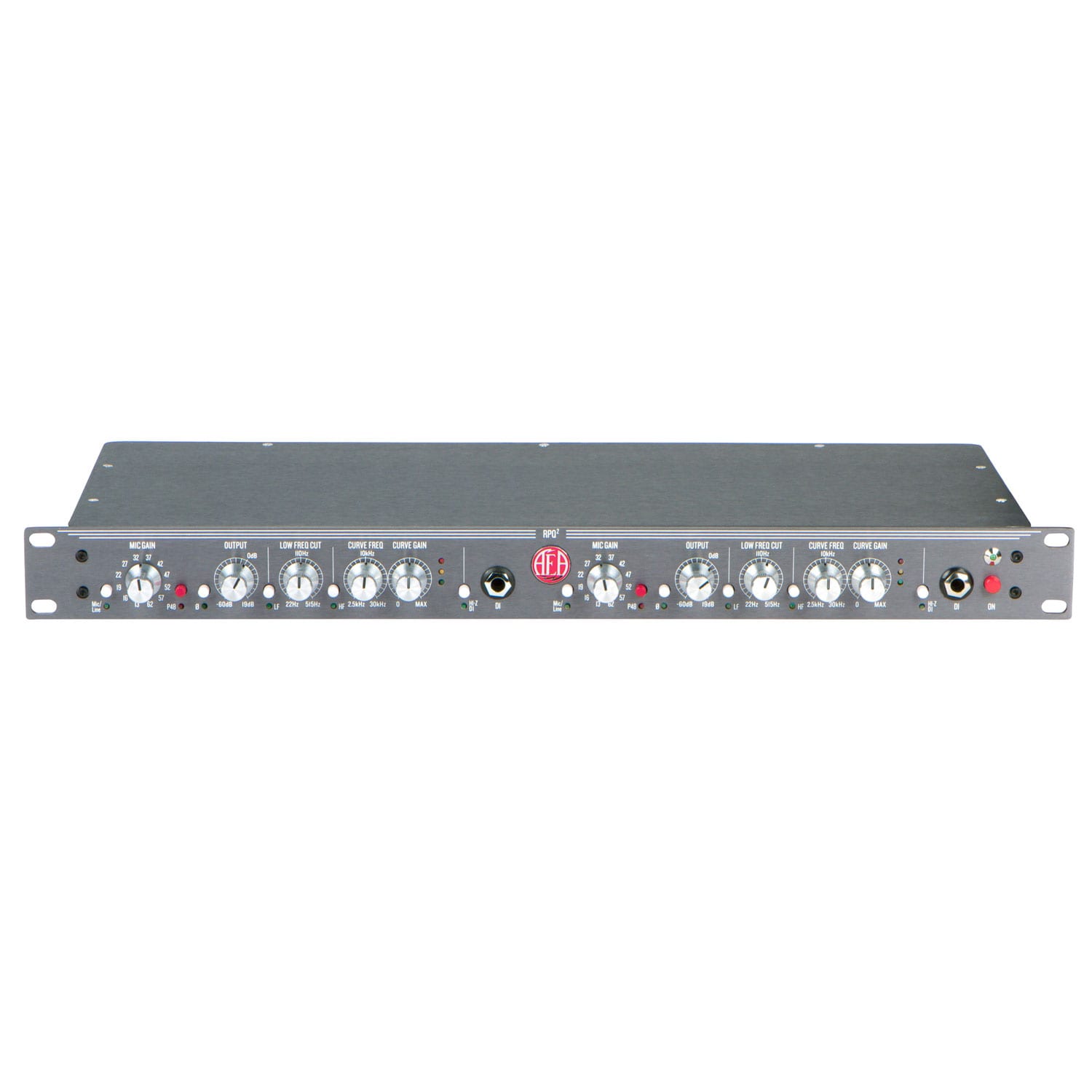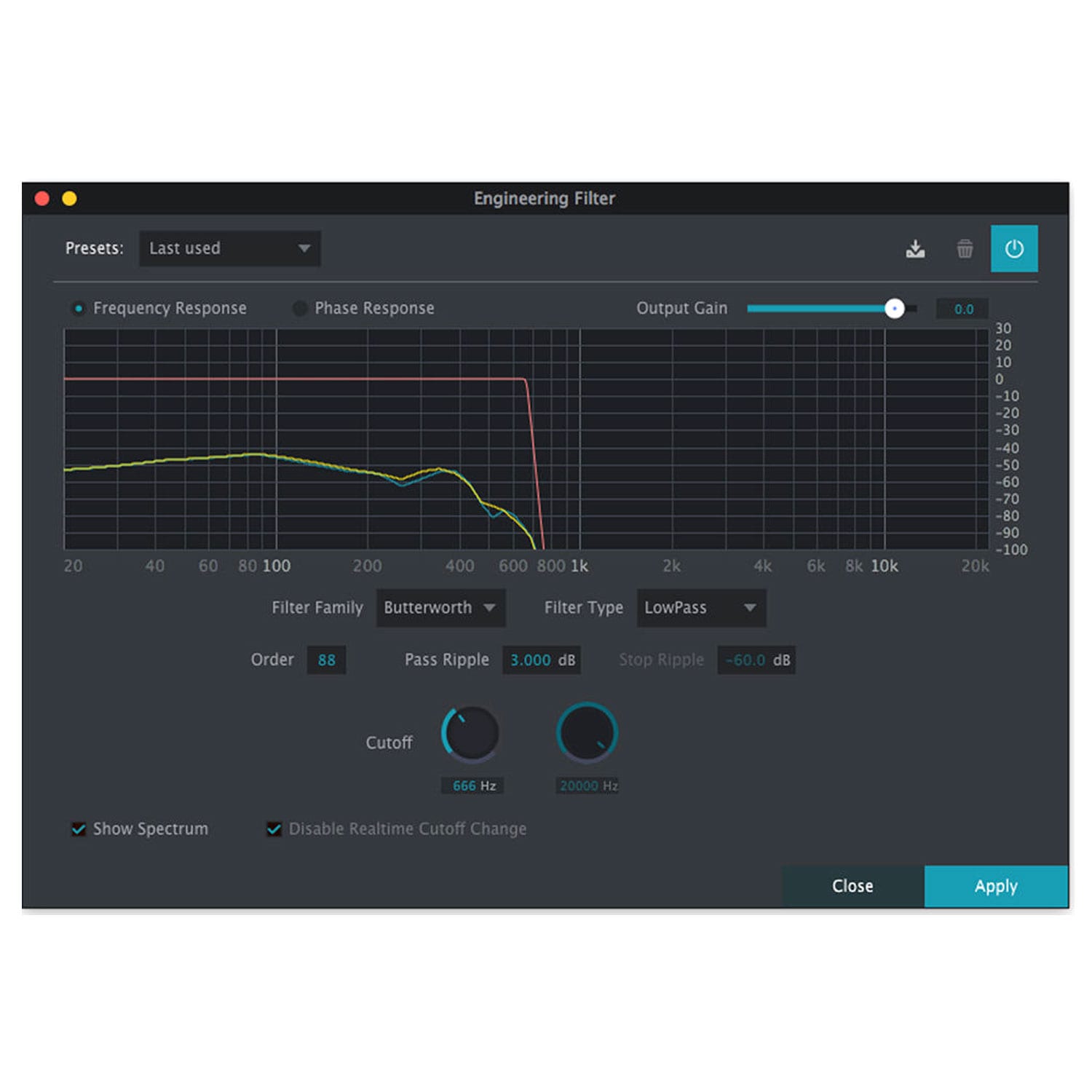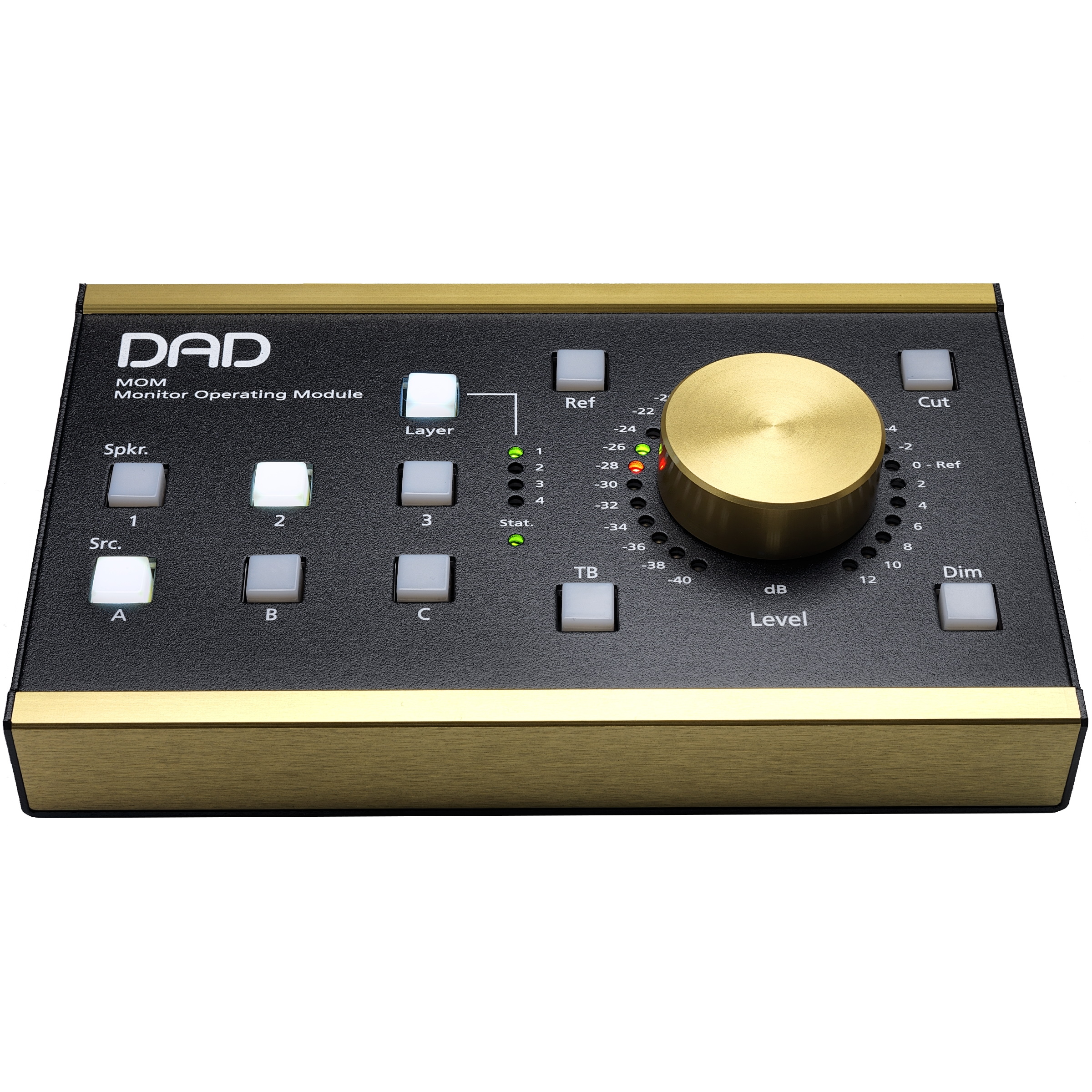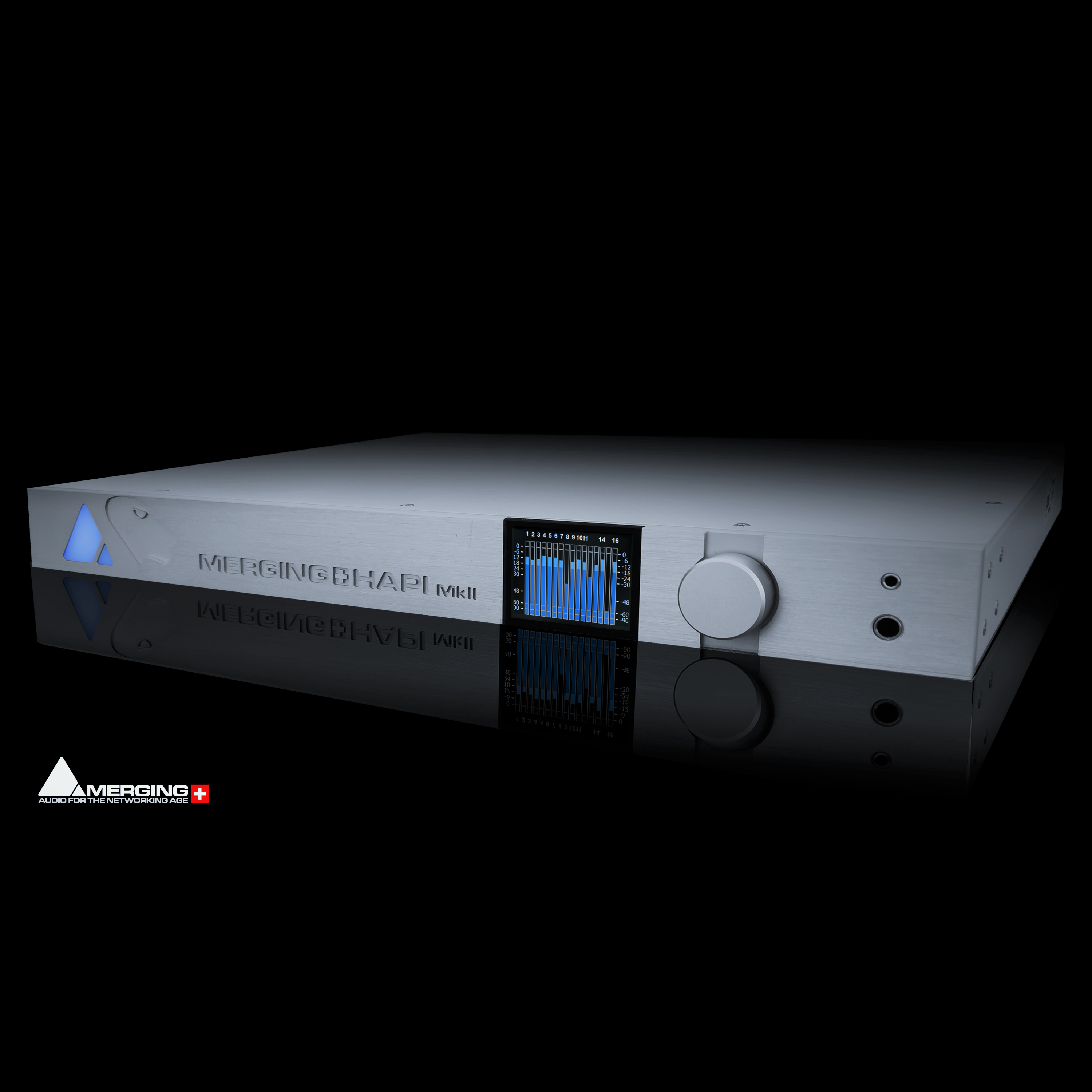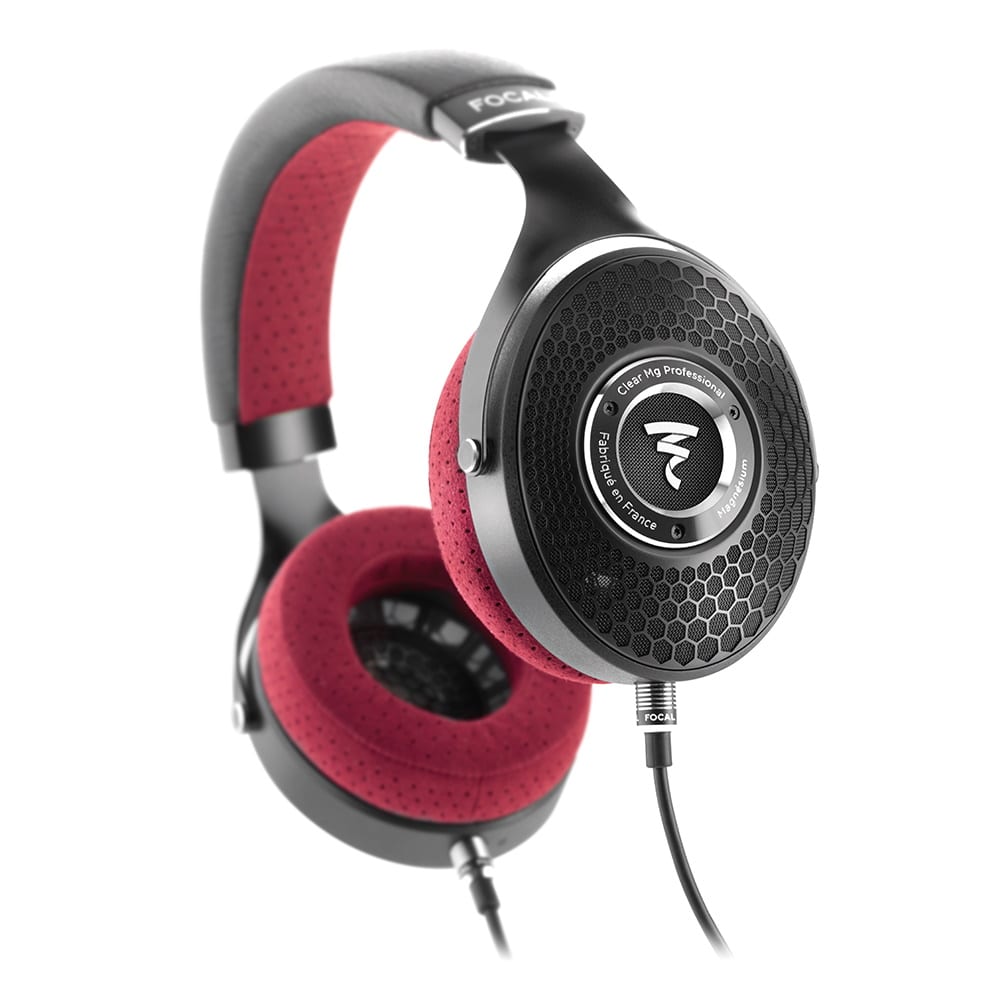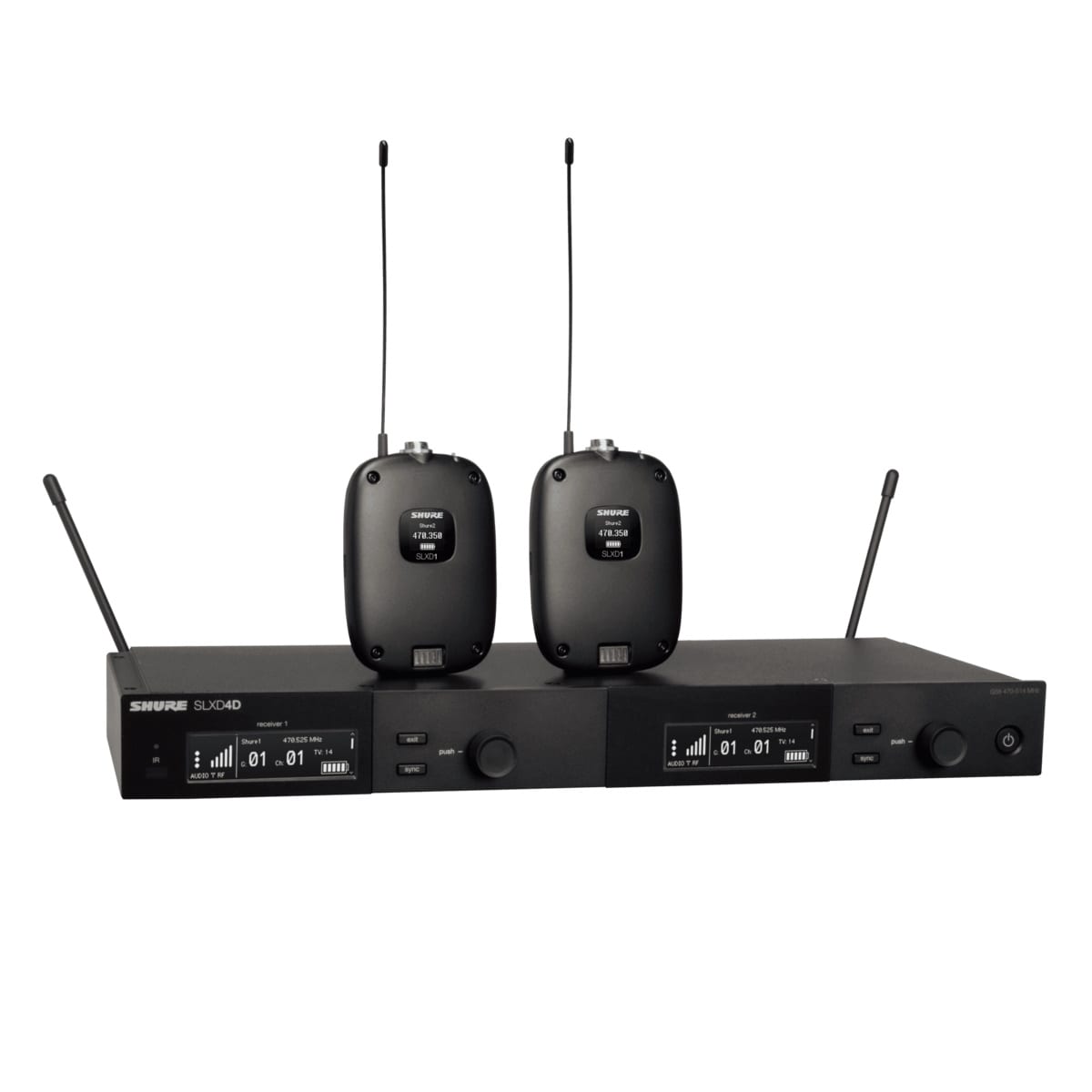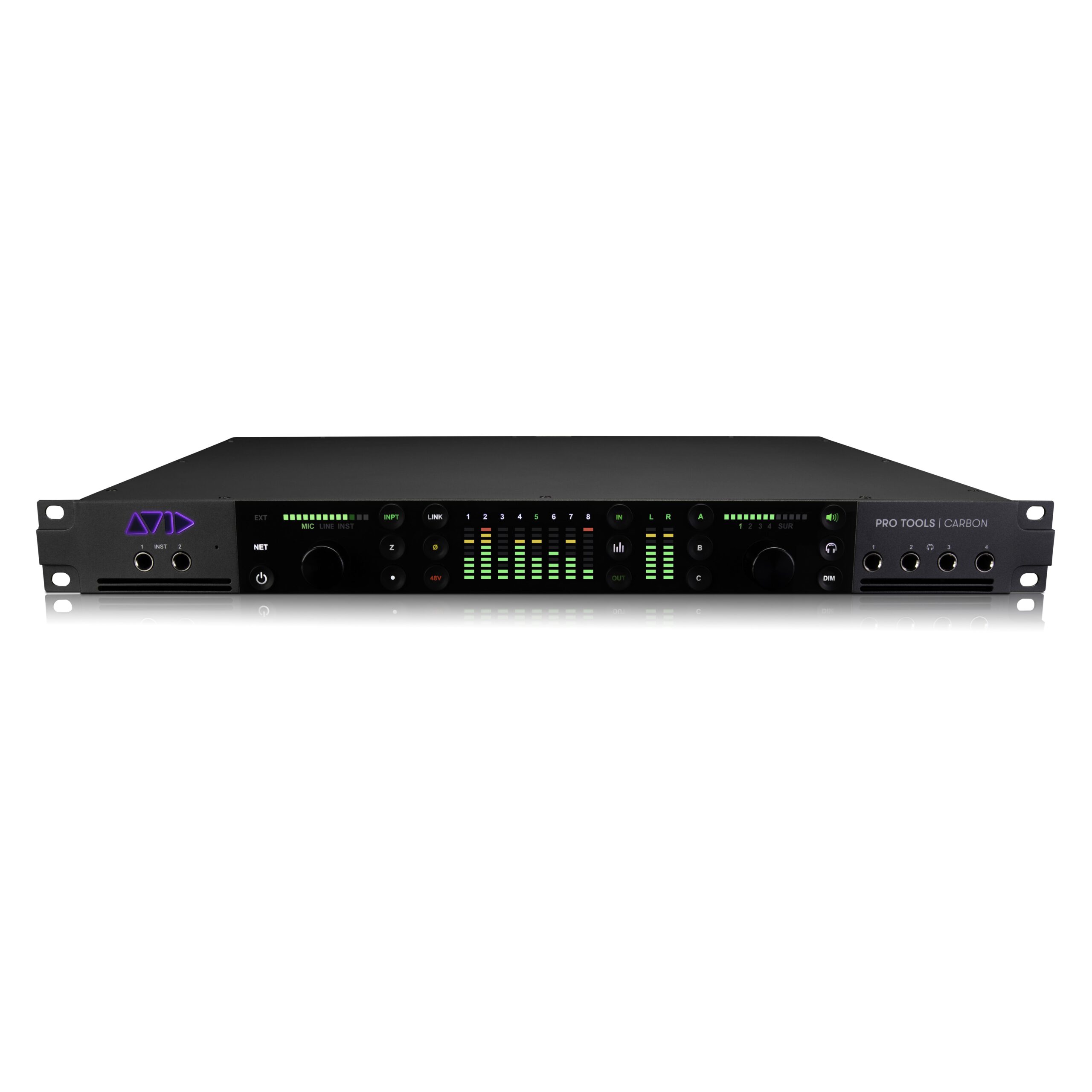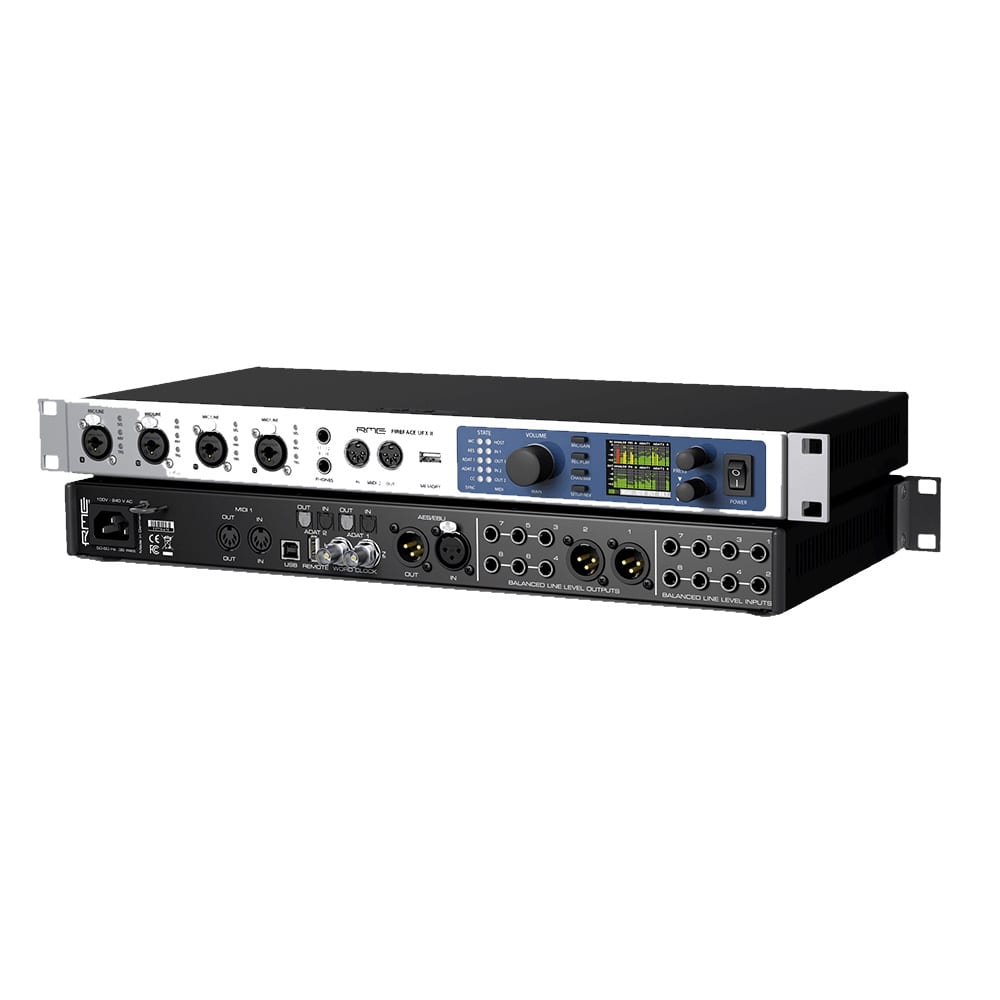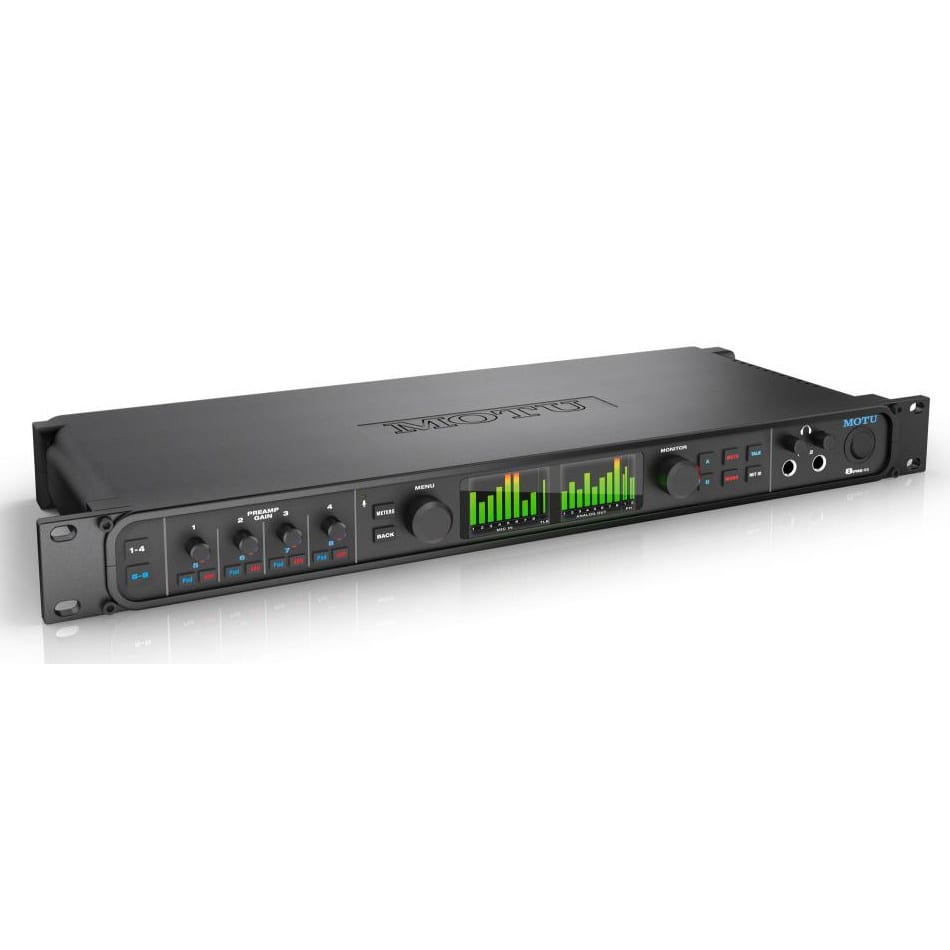Description
With a supercardioid polar pattern, rich ribbon tone, and extended top-end, the AEA KU4’s directionality allows it to be positioned almost anywhere without capturing room tone and bleed, making it one of the most flexible ribbon mics in production today.
KU4 MICROPHONE OVERVIEW
- Supercardioid polar pattern, rejecting bleed and ambient room reflections
- Extended top end with classic ribbon smoothness
- Near-field ribbon mic with reduced proximity effect for close-miking
- AEA’s redesign of RCA’s legendary KU3A
- Made in the USA
A RIBBON WITHOUT ROOM TONE
The KU4’s minimal proximity effect and accented mid-range make it an exceptional vocal mic that captures the presence and detail of a performance. Its near-field nature also lends to the close-range recording of kick drums, strings, and woodwinds, providing a welcome brightness and balance in the mix.
THE NEAR-FIELD SUPERCARDIOID
The KU4’s supercardioid polar pattern enables it to capture direct sound from a vocalist or instrument without room tone. This is an advantage when tracking musicians who live in the same room or when used live on stage. With most figure-of-eight patterned ribbons, mic positioning can require finesse to avoid other sources using the microphone’s nulls. The KU4 has none of these limitations.
Being a near-field ribbon microphone, the microphone was designed to be positioned between one and 18 inches from the source. The mic’s proximity effect kicks in six inches away from the sound source. It can be placed close to an instrument while retaining a balanced frequency response.
Unlike most traditional ribbon mics, think the KU4’s placement should be thought of in terms of inches instead of feet. Of course, the KU4 can also be positioned at some distance from the sound source. It will just have a more balanced sound from up close.
The KU4 can handle 140+ dB SPL at 1 kHz. That means it will not be hurt by loud sound sources.
AN ALTERNATIVE TO SIBILANT CONDENSERS
After getting used to bright condenser microphones, sometimes traditional ribbon mics sound darker than desired. The KU4, with its unique bright character, has the best elements of both condensers and ribbons– specifically, a smooth midrange that doesn’t accentuate sibilance in the same way that condensers often do.
The mic’s supercardioid polar pattern, bright voicing, and near-field design offer the flexibility to use it in the exact same way as a condenser. This problem-solving microphone can be used in virtually any recording situation.
A REINVENTION OF A CLASSIC MOTION PICTURE MICROPHONE
The KU4 is a redesign of the legendary RCA KU3A, a unidirectional microphone originally designed for boom use in Hollywood motion picture studios. It was RCA’s most expensive ribbon microphone and fewer than 600 units were ever manufactured.
The KU3A combined the smooth ribbon sound of the classic RCA 44 with a unidirectional pattern, a wide sweet spot, and a reduced proximity bass boost. It expanded the engineer’s range of placement choices and became a standard at film studios throughout the world.
Today, the KU3A is a rare collector’s item, and only a handful of studios or rental houses own them. Original KU3As are notorious for their sonic inconsistencies due to production tolerances that included the use of the thick hair of English cows as a damping material.
At AEA, we engineered our KU4 from the ground up in order to recreate this seminal design while ensuring flawless consistency from unit to unit.
YES, THERE’S A MATCHING PREAMP
Since the KU4 is a classic passive ribbon microphone, the preamp is critical for optimum performance. Preamp gain should be at least +60dB or higher and the preamp should have a very high impedance. It’s the same requirement with all passive ribbon mics.
To guarantee consistent, full-range ribbon sound, we recommend AEA’s RPQ2, RPQ500, and TRP2 preamps, which were specially designed for ribbon microphones. However, preamps with above a 5K ohm impedance found in many live soundboards are adequate for guitar amps and other louder instruments. On quiet sound sources or for distance recording, an AEA preamp is highly recommended.
